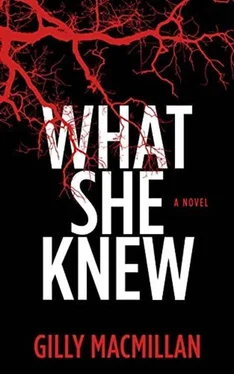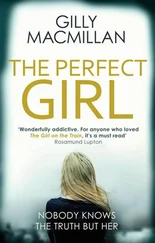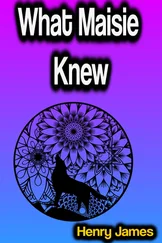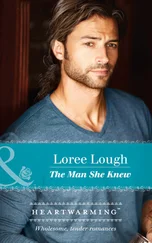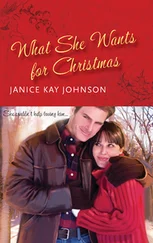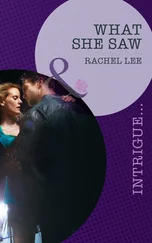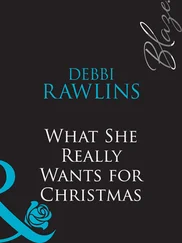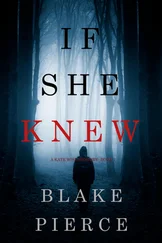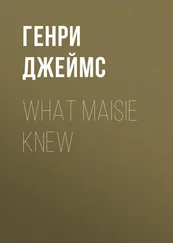I understand now that my priorities were wrong before he was abducted, that I worried too much about the divorce, that I let life happen around me, and I didn’t take responsibility for it.
When John left I missed him and our companionship, of course I did. I don’t know if I missed being loved by him though, because I’m not sure now whether we ever loved each other very deeply, or if it wasn’t more that we were two lost souls when we met, huddling together for comfort.
What interests me now is that it might have been the betrayal of convention I felt most keenly, because in some way I felt I was owed the life we had together, and that I didn’t deserve the public humiliation of him leaving me for another woman.
But here’s the thing: none of us deserve anything. That’s an illusion we all exist under.
What I know now is that even after the divorce I should simply have been grateful for what I had. I should have celebrated my life as it was, imperfections, sadness and all, and not forensically examined its faults. Those faults were largely in the eyes of a critical and sharp-edged society anyhow, and I had learned to recognise them by osmosis, by following the herd.
I had not yet learned to use my intelligence, or to trust in my instincts.
I see more clearly now, and I shall never make that mistake again.
This attitude is how I deal with my sorrowful family history, which Nicky hid from me and DI Clemo forced her to reveal. I try not to cast blame for that.
Instead, I count my blessings every day for my blemished, damaged family, which is full of love, and that is fine, and that is all we need and all Ben needs to know.
But amongst these moments of rationality, I fear too, we all do. We are living through the short-term effects of Ben’s abduction, but we also fear for its long-term effect. Perhaps the greatest of these is that Joanna May will break her silence one day, and that will damage Ben all over again.
That is why I’m telling you this now, because I want to get this out there first. I want to try to claw back some of the power she’s taken from us, I want to try to loosen her grasp on our family, on my son. I want us to be grains of sand that slip through her fingers and fall, so that they’re undetectable from all the others on the beach, impossible for her to find again. I don’t want her, or you, to own us any more. I want anonymity for my family. I want dignity.
There’s one more thing I should tell you, because you might want to know this. The detective came to see us: DI Clemo. We thought it might help Ben if somebody from the police could come and tell him how hard we all looked for him; how we did everything we could to find him. I felt Clemo owed us that.
He came to our house and we sat in the kitchen together and Ben stared at the table while Clemo talked and when he’d finished Ben left the room without a word and went upstairs to his room and began to build with his Lego. It’s what he does when he doesn’t want to talk about things. He makes amazing contraptions. I don’t know if Ben took in the detective’s words or not. Clemo and I were left alone at the table. Ben had not made eye contact with either of us.
Afterwards, I watched Clemo get back in his car, and his head fell onto his hands and his shoulders shook, but I couldn’t feel sympathy, because all of me must be dedicated to Ben, to his recovery. So I turned away and went upstairs. I sat beside my boy while he built. I didn’t speak, I just hoped to reassure him with my presence. I waited for him to finish so that he could explain to me what he’d made, and how it worked, so that he could show me how creative he’d been.
Clemo emailed me shortly afterwards, from a home email address. He sent me an extract from a poem by W. B. Yeats:
Verse from ‘To a Child Dancing in the Wind’ by W. B. Yeats
Has no one said those daring
Kind eyes should be more learn’d?
Or warned you how despairing
The moths are when they are burned,
I could have warned you, but you are young,
So we speak a different tongue.
You couldn’t have saved him from her, Clemo wrote. There was nothing you could have done. If you’d tried to warn him of dangers this extreme, you’d have ruined his childhood. Nobody could have predicted this situation. I know how much you love him. I saw that. I hope he believed me when I told him that.
I thought the email was sad, and painful, and kind too.
I also suspected that Clemo was seeking reassurance for himself as much as he was offering it to me, and I wondered if he was having some kind of breakdown.
I wanted to reply, but I didn’t know how to help him. I wanted to offer him solace, but I couldn’t find the words.
Because I have only one job to do, and it requires all my focus. I must be patient as I hope for my son to come back to me, to come home in mind as well as in body and to do so completely. And so I struggle my way through the blackness, and I wait.
And I hope to do that in private.
And that is all anybody needs to know.
I am hugely grateful to the following people:
Emma Beswetherick, my brilliant editor, whose enthusiasm, support, guidance and suggestions have improved this book beyond measure. Thank you.
Caroline Kirkpatrick, Grace Menary-Winefield, Kate Doran and Victoria Gilder. Thank you so much to you all, and also to everybody else who has worked wonders on the book at Little, Brown, especially Sean Garrehy for the brilliant cover design.
Nelle Andrew, my fabulous agent, who has a very big heart. A massive thank you for taking a punt on a bit of a dodgy first draft and for contributing so much to help me turn it into something better. Big thanks too to Rachel Mills, Alexandra Cliff and Marilia Savvides at PFD.
Abbie Ross, my writing partner. Thank you so much for reading and re-reading, for tirelessly offering your comments and for the friendship along the way.
Philippa Lowthorpe. Thank you for the lengthy dog walks, for all the encouragement, and for the advice on storytelling and much more that I couldn’t have done without.
My two retired detectives. Thank you for so kindly giving up your time for coffees and a very long chat about all things police and procedure related. It was invaluable. Any errors in the book are all mine!
My parents, Jonathan and Cilla Paget. Thank you for filling my childhood home with books and encouraging me to read them.
Jules Macmillan. Thank you for all the spaghetti carbonara, and plot suggestions, for being Jim Clemo’s biggest fan and for backing the book all the way.
Rose, Max and Louis Macmillan. You’ve been brilliant, because I couldn’t have done it without your support. Thank you for that, but most of all for making me smile every day.
BIBLIOGRAPHY
The following websites and papers were used as a valuable resource in this novel:
www.rcmp.gc.ca and specifically a paper available to download on that site: Dalley, Marlene L and Ruscoe, Jenna, ‘The Abduction of Children by Strangers in Canada: Nature and Scope’, National Missing Children Services, National Police Service, Royal Canadian Mounted Police, December 2003
The NISMART Bulletin Series (National Incidence Studies of Missing, Abducted, Runaway and Thrownaway Children), and especially NISMART-2, which is available to download from www.ojjdp.gov/publications, the website of the Office of Juvenile Justice and Delinquency Prevention (OJJDP) in the US.
www.missingkids.com, the website for the National Center for Missing and Exploited Children in the US, and in particular the download ‘When Your Child Is Missing: A Family Survival Guide’, Missing Kids USA Parental Guide, US Department of Justice, OJJDP Report. The download is also available at www.ojjdp.gov/childabduction/publications.html.
Читать дальше
